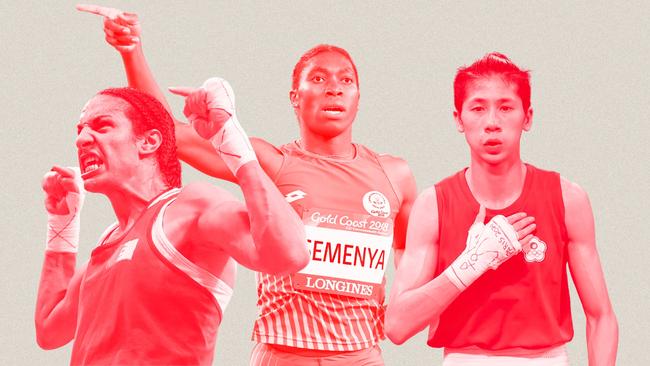
On one side of the debate sits elite female athletes who argue that femaleness in the context of sport should be defined by biology, XX chromosomes and female-typical levels of testosterone. On the other side are activists, some athletes, and International Olympics Committee officials who have taken the position that gender identity and the ethic of inclusion supersede biology. The IOC’s current position is that a “passport test” is sufficient to let athletes compete in the female category. The validity of such a passport test is ultimately what the controversy hinges on.
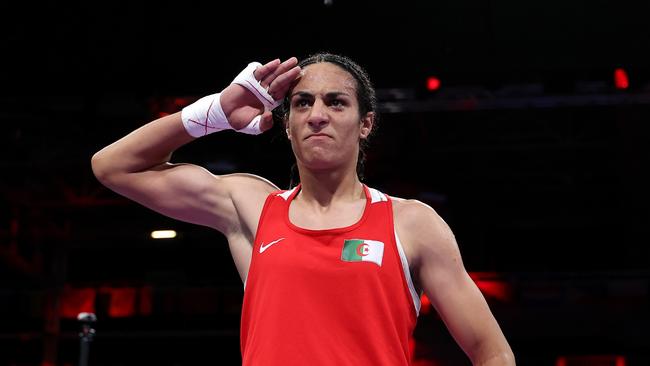
Before diving into whether or not a passport test is sufficient to determine eligibility to participate in female sports, it’s worth pointing out this controversy has been clouded by a great deal of confusion and drama.
The first point of confusion came immediately after Italian boxer Angela Carini withdrew from her fight after 46 seconds, exclaiming “it’s not fair, it’s not fair”. Social media erupted with accusations that Carini’s opponent, Imane Khelif, was a “man” who was “transgender” and who was “beating up a woman”. The muddle was not limited to social media. The Boston Globe has had to issue an embarrassing apology after printing a story with the headline “Transgender Boxer Advances”.
The confusion is not entirely unpredictable. The International Boxing Association released a statement declaring that Khelif and Taiwan’s Lin Yu-ting had failed gender eligibility tests in 2022 and 2023, respectively. Yet while stating these tests had been failed, and not appealed in the Court of Arbitration for Sport, the IBA gave no specifics regarding the nature of the tests. Therefore many people have assumed this must have meant these athletes are trans.
Being trans is not the only reason an athlete might fail a gender eligibility test, however. The other reason for failing such a test is because an athlete may have been born intersex.
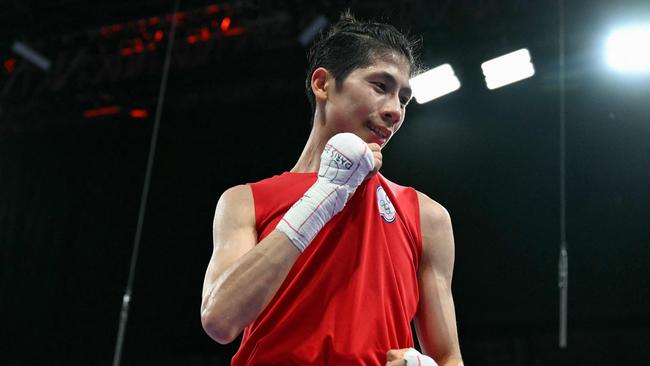
Elite women’s sports actually has a long history of intersex athletes performing at the highest levels. (While the term “intersex” is somewhat outdated, and has been replaced by “disorders of sexual development”, it still works as a shorthand to cover a range of conditions where an individual’s biological sex characteristics diverge from typical male or female physiology.)
As Doriane Coleman recently wrote in an explainer for Quillette, the most common disorders of sexual development seen in sports are disorders of male development. These are 5-alpha reductase deficiency (5-ARD) and partial androgen insensitivity. Individuals with these disorders are genetically male, but often appear female at birth, with no male genitalia, and are raised as girls. But they do have internal testes instead of ovaries, and these testes produce male-typical levels of testosterone. Because of their high levels of testosterone, they go through a male-like puberty where their musculoskeletal system is masculinised and strengthened.
The most famous example of 5-ARD is Caster Semenya, who has XY chromosomes and testosterone levels in the normal male range. It’s worth noting there is no natural overlap between testosterone levels in males and females. Females with the highest levels will always have lower testosterone than males with the lowest levels. Despite artificially reducing her testosterone, Semenya won back-to-back Olympic gold in the women’s 800m at both London and Rio. (In Rio, the silver and bronze medallists were intersex as well.)
There is no doubt that the issue is an ethical minefield. Athletes such as Semenya (and possibly Khelif and Yu-ting) are not cheating. They are not trying to deceive anyone. They have identified as female throughout their entire lives, and the discovery of XY chromosomes does not necessarily change that.
But, while we should be sensitive to the privacy and dignity of such athletes, the issue of fairness for female athletes remains. The fact is that testosterone is so powerfully performance-enhancing that even middling male athletes will beat the very best female athletes, routinely and convincingly.
Many people commenting on the situation seem not to grasp just how performance-enhancing testosterone is. On X, running coach and author Steve Magness explains: “Why is it unfair? It’s the largest single advantage there is in athletics. It’s why we categorise by sex. If we didn’t categorise by sex, there would be ZERO women in the vast majority of elite sport. That’s how large the effect of T is. It doesn’t mean ALL men beat ALL women, it just gives a boost that is insurmountable at the highest levels.”
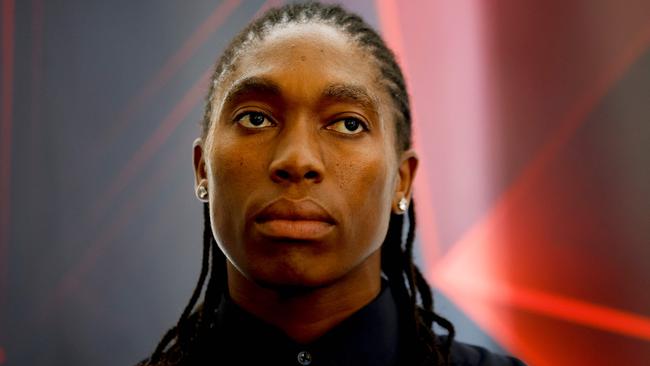
The confusion, drama and pain caused to intersex athletes in this controversy can be laid squarely at the feet of the IOC. By adopting a simplistic “passport test” as sufficient for determining eligibility in women’s sports, the IOC has created a situation that is neither fair to female athletes nor respectful to those with DSDs.
A passport test ignores the biological reality underpinning athletic performance, particularly the role of testosterone. A better test would be a cheek swab to test for XY and XX chromosomes. Such a swab would not automatically preclude an athlete with XY chromosomes from competing, but it would work as an important first step in ensuring a fair competition.
While the IOC may have been aiming for inclusivity, it has instead fostered an environment of suspicion and misunderstanding. The organisation’s failure to provide clear, scientifically based guidelines has left athletes, officials and the public in a state of confusion.
It has also exposed intersex athletes to unwarranted scrutiny and accusations, all while failing to address the fundamental issue of fairness in competition. The IOC must recognise that in matters of athletic performance, biology trumps identity, and a passport test is woefully inadequate. Until the IOC grapples honestly with these issues, we can expect more controversies, more confusion, and more athletes caught in the crossfire of a debate they never asked to be part of.
Claire Lehmann is founding editor of Quillette online magazine.



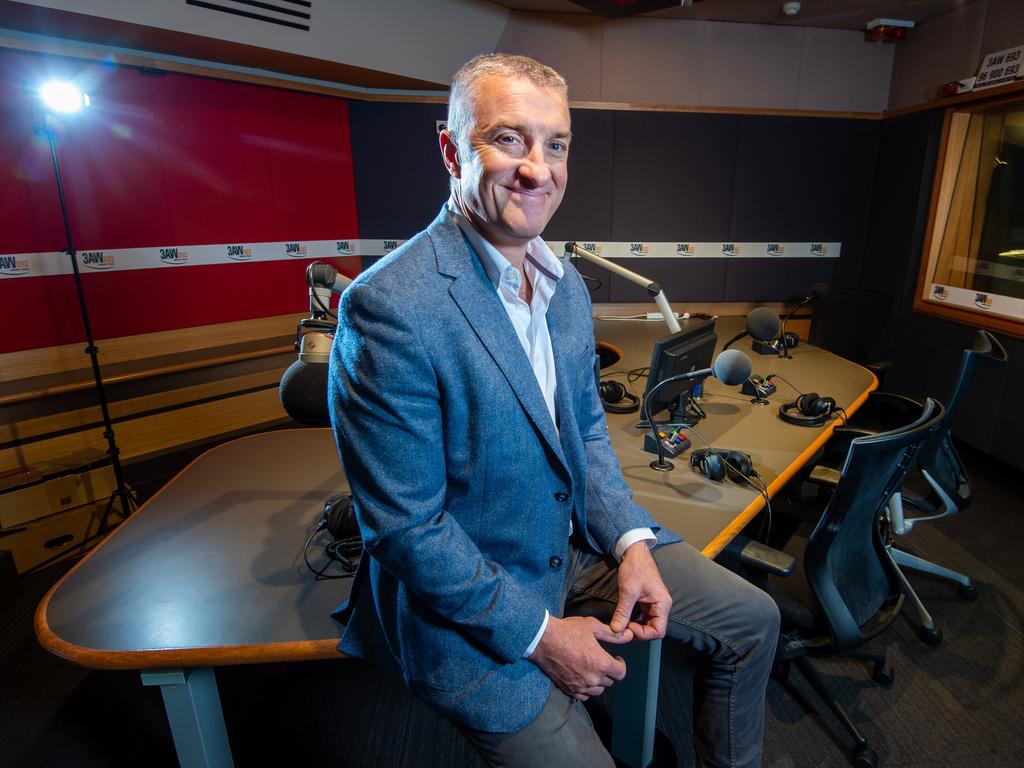

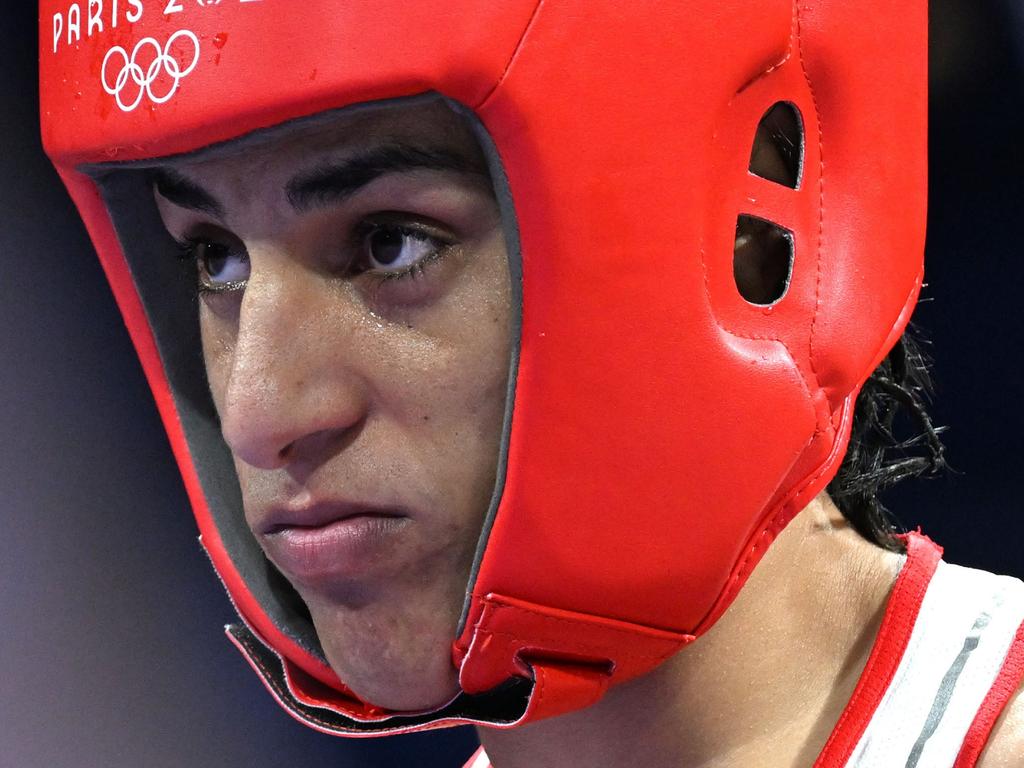

The storm that has erupted over women’s boxing at the Olympics threatens to overshadow the rest of the Games and, at the heart of the controversy, the very definition of womanhood.